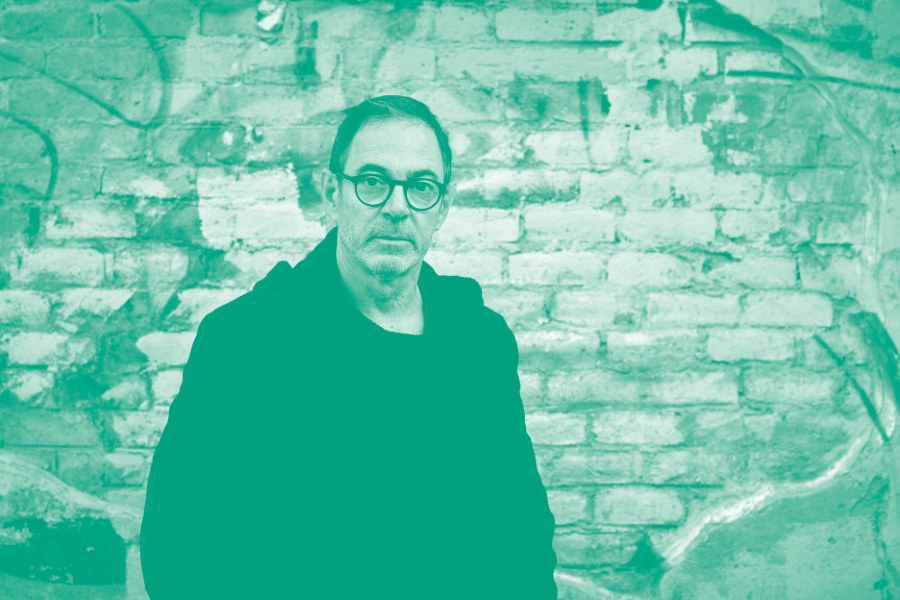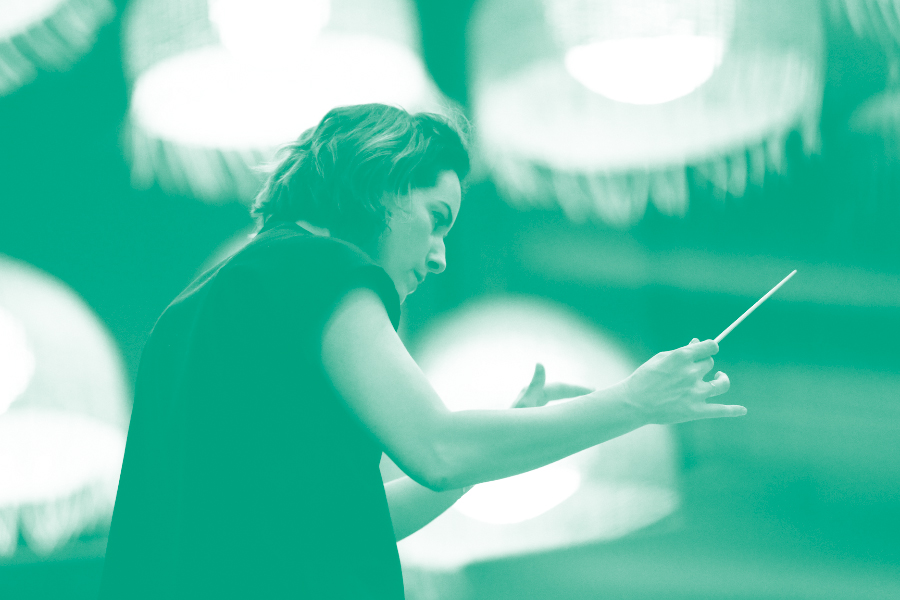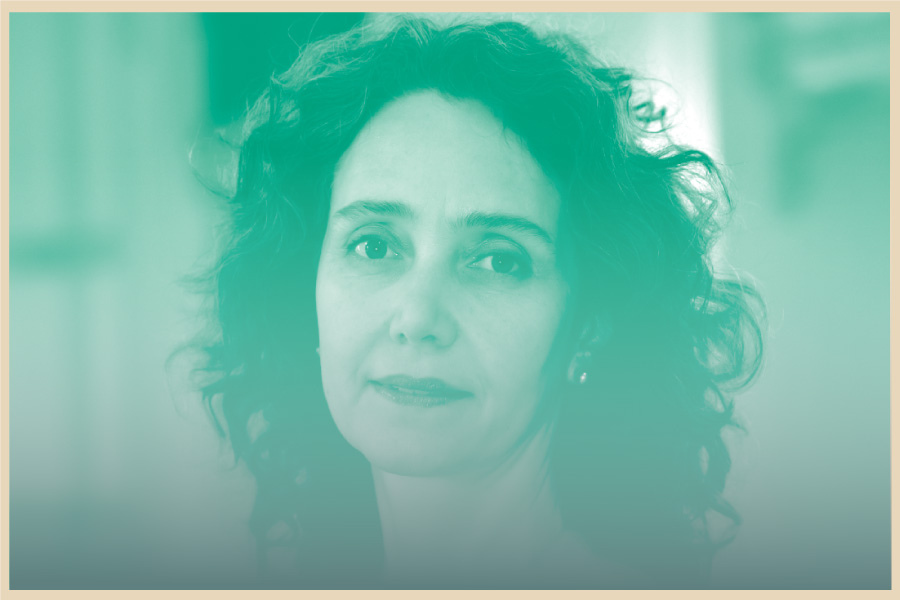Esteban San Juan: “Las ciudades se conocen con los pies, hay que mezclarse con su gente y sus artistas»

Entrevista a Esteban San Juan, Director del Teatro Macedonio Alcalá de Oaxaca, México
El Teatro Macedonio Alcalá fue inaugurado el 5 de septiembre de 1909 como un Teatro Casino de nombre Luis Mier y Terán. Fue en la década de los treinta que se le cambió el nombre por Macedonio Alcalá, en honor al destacado músico y compositor mexicano del siglo XIX. A raíz del terremoto de 1999 sufrió una gran remodelación para abrir sus puertas el año 2004. Esteban San Juan, arquitecto a cargo de la remodelación y actual Director del teatro conversó con nosotros.
Con 107 años de existencia, el Teatro Macedonio Alcalá es uno de los coliseos mejor conservados y equipados en el país. Pasó recientemente por un largo proceso de remodelación del cual estuviste a cargo. ¿Cómo fue ese proceso de remodelación?
A esta pregunta mencionare una frase de Octavio Paz: “Una sociedad se define, no solo por su actitud frente al futuro sino frente a su pasado: sus recuerdos no son menos relevantes que sus proyectos”.
La remodelación y rehabilitación obedeció a muchos factores sobre todo sociales: el devolver a una sociedad su historia y su vitalidad cultural. La restauración fue un reto desde el análisis de la memoria escrita- inicialmente sus usos históricos- políticos hasta la preservación de una arquitectura ecléctica, la pasión por descubrir un Oaxaca en diferentes escenarios.
Fue un teatro que mostró durante décadas manifestaciones escénicas como zarzuelas, teatro de revista, arena de box, de lucha libre, actos políticos, conferencias y cine. Presentación de exponentes muy conocidos en el ámbito de la música vernácula, ballet clásico, contemporánea, ópera, premios de literatura.

Eres arquitecto y urbanista, te has desempeñado en el área cultural, por medio de proyectos que a través del urbanismo buscan conservar y rescatar el patrimonio cultural de México. ¿Cómo han sido estos últimos años a cargo del Teatro Macedonio desde la inauguración?
Cuatro años de rehabilitación fueron suficientes para que la cirugía mayor que hicimos al recinto funcionara. La mecánica teatral, vestimenta teatral, audio y sonido, carpintería, aire acondicionado y demás fueron intervenidas sin alterar la arquitectura original, soportando hasta hoy la presta demoledora del olvido y mantenimiento. Lo que hace sentido, el por qué un arquitecto está a cargo del teatro.
Los arquitectos tenemos que ser universales, socializar con la cultura es la primera prioridad. Hoy las relaciones de vecindad y de la calle se han perdido por transformar la ciudad, hay que conocerlas con sus expresiones artísticas. Las ciudades se conocen con los pie. Hay que mezclarse con su gente y sus artistas.
Después de su restauración, el Teatro Macedonio Alcalá ha servido de ejemplo del cómo se puede lograr devolver a una ciudad algo que ya estaba perdiendo inicialmente su identidad.
¿Qué tipo de espectáculos se pueden encontrar en el teatro, y cuales son las apuestas para las próximas temporadas?
En cuanto a espectáculos, es hacer un proyecto canalizador integrado a diferentes festivales del país, generando esquemas de incentivos fiscales -para empresarios- que apoyen a la cultura, sumar transmisiones de temporada de concierto y ópera internacionales y sobre todo talleres de itinerancia con América Latina.

Actualmente ¿existe algún tipo de trabajo en red y de circulación de espectáculos en México?
Las redes que existen son gestionadas por cada proyecto cultural estatal, la petición es que los teatros del Centenario realicen el primer Congreso Nacional, para poder interactuar con la propuesta federal inicial del Instituto Nacional de Bellas Artes y Literatura.
¿Cómo esperas que el ingreso a la Red OLA beneficie al Teatro Macedonio y a su relación con el resto de Latinoamérica?
El tener la oportunidad de ingreso a esta red tan importante en América Latina, abre las puertas a conocer y a aplicar las experiencias operativas de diferentes espacios escenográficos. Experiencias en modelos de gestión que tendrán que transformar el modus operandi de subsidios gubernamentales.
Estoy convencido que en un futuro cercano pisaran tierras mexicanas y oaxaqueñas como los mejores expertos que nos mostraran el camino y una opción de solución desde sus experiencias. Y conocerán que la cultura no tiene distancias ni fronteras, gracias por permitirnos y dar a conocer con humildad lo que somos.





